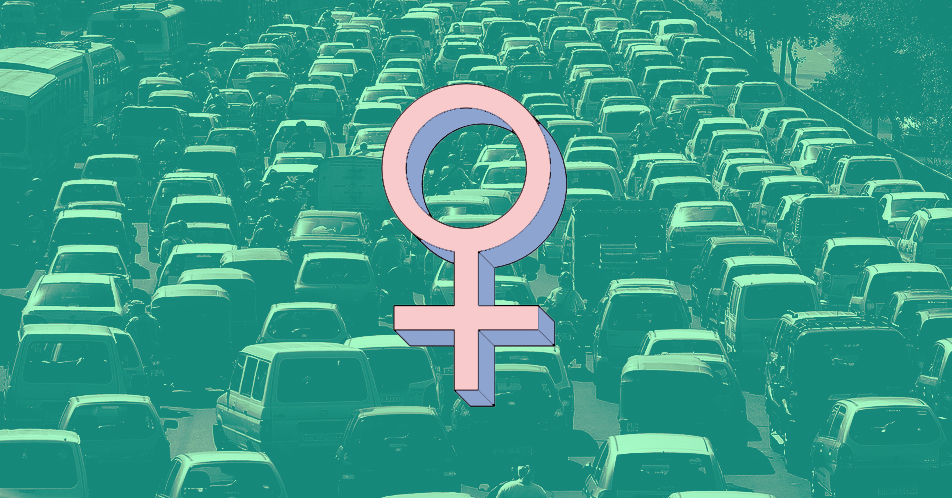
Overtime. It’s late. All you want to do is to get home quickly and curl up in bed. You hail a cab, open the door, and hop in the backseat. Just as you fumble for your earbuds, the driver pipes up and asks where you work. You respond, and respond again, to his litany of questions until he asks, “may asawa ba kayo ma’am?” You remember that he knows where you live.
It’s afternoon. Flustered from standing on the busy roadside, you slide into the back of the jeep and wait until your stop at the mall. A passenger embarks. He sits right beside you despite the empty spaces available.
Do you feel safe?
Is there anything you can do to prevent this?
Is your answer to both these questions “not really”?
Women commuting in the Philippines are vulnerable to these types of encounters on the daily. In a study released by the Thomson Reuters Foundation and polled by YouGov, Manila ranks 10th on the list of most dangerous transport systems for women amongst some of the world’s major capital cities. Manila also ranks seventh worst in the query on whether Filipino women feel safe travelling alone at night as well as if they’ve experienced physical harassment on public transport.
According to the SWS survey, 58% of sexual harassments in the Philippines are experienced on the streets, major roads, and eskinitas with the majority of physical harassment occurring in public transport vehicles.
An Internet search reveals the number of crimes in media circulation that occurred in relation to ridesharing in the Philippines is less than 10.
When you ride an Uber or a Grab, you can share trip details with friends or family. Where you are and who is driving you are tracked in an online system so that you don’t have to manually record them. If you go off-route, it is traceable. The zealous competition between the companies forces them to strive for the continuous improvement of their services. Uber and Grab are, without question (or accreditation), much safer alternatives to other available means of commuting.
The LTFRB has stated that its desire to impose a ban on ridesharing drivers without permits surfaces from the interest of public safety. They want to ensure ridesharing vehicles are as safe as public modes of transport, namely, taxis, buses, and jeepneys. So why, in the interest of safety, would the LTFRB want to remove one of the safest modes of transport?
Full disclosure: I, the writer of this article, am an avid ridesharing user with no access to a car, who feels unsafe as a female taking other modes of transport. There are others like me and they too are lamenting the desired rulings of the LTFRB.
For us, Uber and Grab may no longer be a viable option. The LTFRB wishes to impose a ban on new driver applications for accreditation. Grab has an estimated 4,000 out of 28,000 drivers that are accredited. Just a few days ago an Uber driver mentioned to me that only 7,000 out of 56,000 of the company’s drivers possess said accreditation. Both companies told LTFRB they require at least 15,000 drivers each to service the public. With demand vastly exceeding the supply, prices are set to surge, making ridesharing options unaffordable and unavailable to many.
Why has it taken so long for the LTFRB to ensure the safety of transport systems, no matter what form they take? And why only now, with the ascent of Grab and Uber? If safety is the pinnacle concern, why won’t they take action to address the multitude of complaints pertaining to registered vehicles such as taxis? Has it ever crossed LTFRB officials’ minds that the reason these apps are flourishing is because they offer better service and better safety? Has it occurred to them that they are forcing women to expose themselves to more dangerous situations by taking away the more secure choice? The desired ruling raises more questions than answers.
Grab and Uber have filed a motion for reconsideration against the LTFRB to lift the ban. We hope that all parties concerned will work towards the convenience and safety of the riding public—the convenience and safety of women who are vulnerable to sexual harassment on public transport. If it were up to us though, we say let the public choose.
Let women choose.



